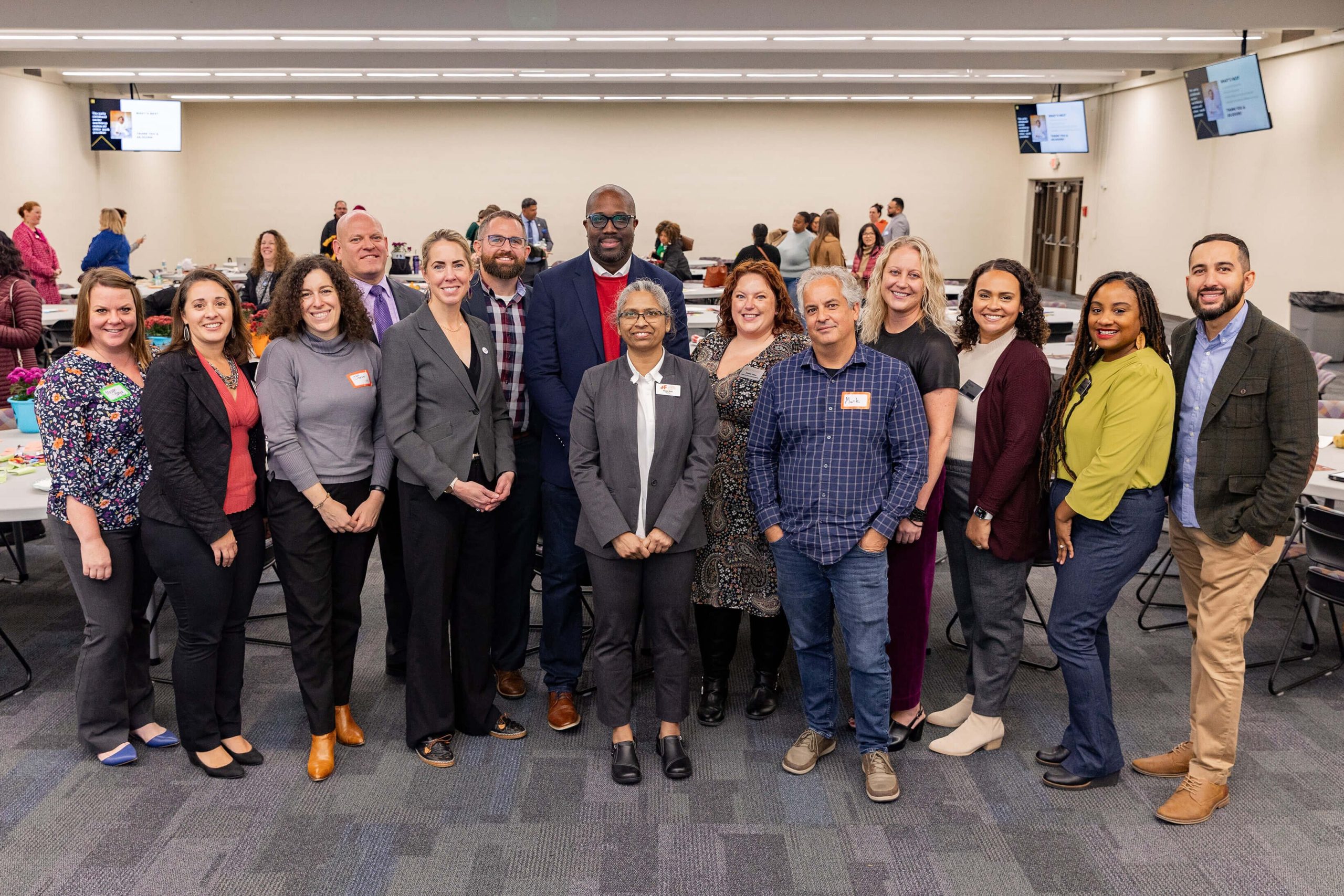WKKF, IFF, KConnect, and First Steps Kent met with other stakeholders met to discuss a report that found 20,500 additional slots are needed to meet the Kent County’s demand for childcare.
This article is part of Early Education Matters, a series about how Michigan parents, childcare providers, and early childhood educators are working together to implement Pre-K for All. It is made possible with funding from the W.K. Kellogg Foundation.
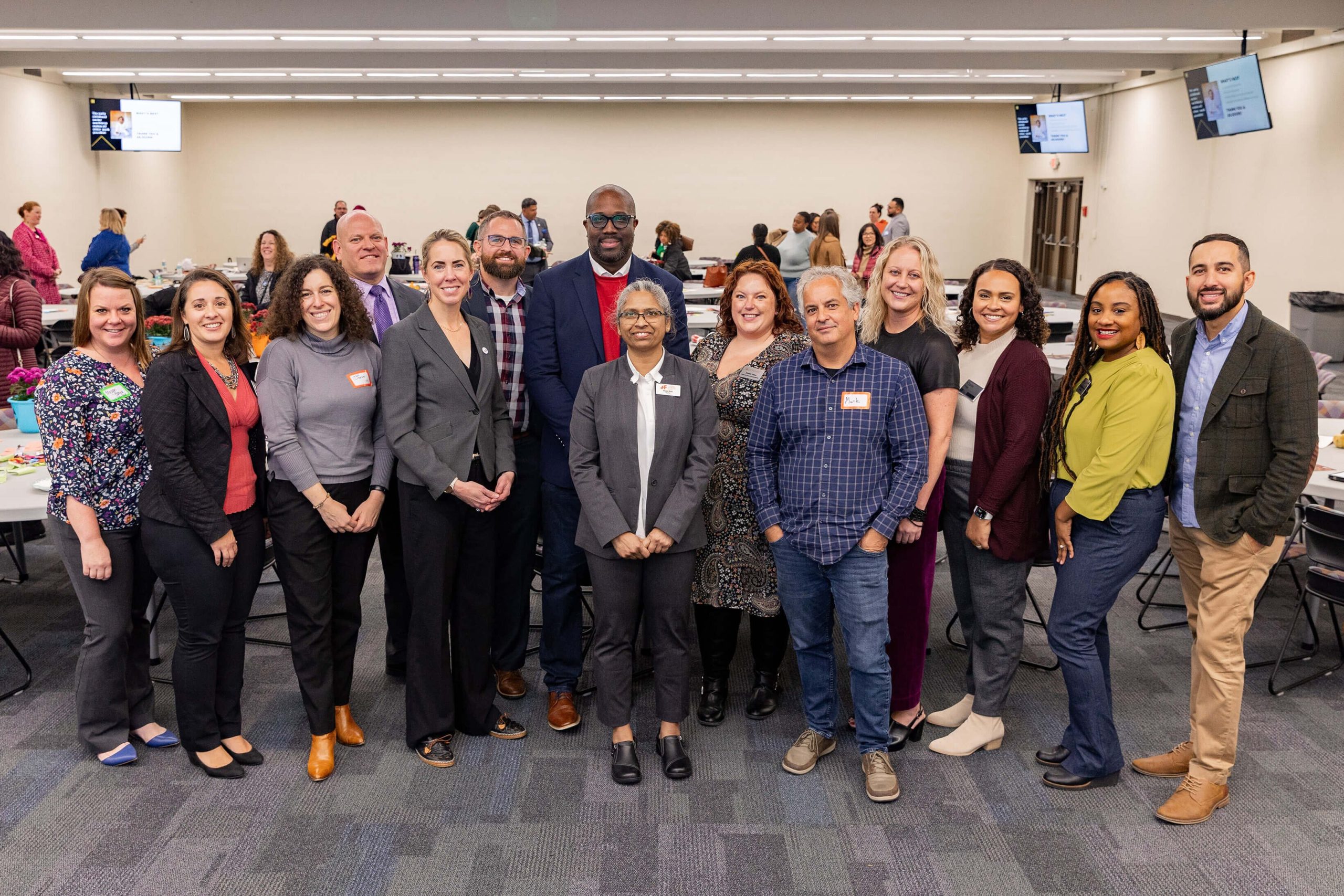
For many Michigan families, child care can mean the difference between struggle and success. For parents, that means having a safe and stimulating place for their children to go while they work to support their households. For children, that means meeting developmental milestones that shape their experience with education for years to come.
However, across the state, more and more families face barriers in finding child care or preschool spots for their children. In Kent County, these barriers are perfectly illustrated by a recently released report, Split by More Than the Grand River: How Uneven Access to Affordable Child Care Divides Kent County. Produced by the W.K. Kellogg Foundation (WKKF) grantee and partner, IFF, the analysis of the early childhood education (ECE) system in Kent County found that approximately 20,500 additional ECE slots are needed to meet the county’s demand for child care and that access to existing slots is distributed unevenly. The City of Grand Rapids has the highest gap (7,239 slots) for young children from birth to age 5. The shortage of affordable child care is most acute in communities of color, where a historic legacy of redlining and disinvestment resulted in systemic barriers that persist today.
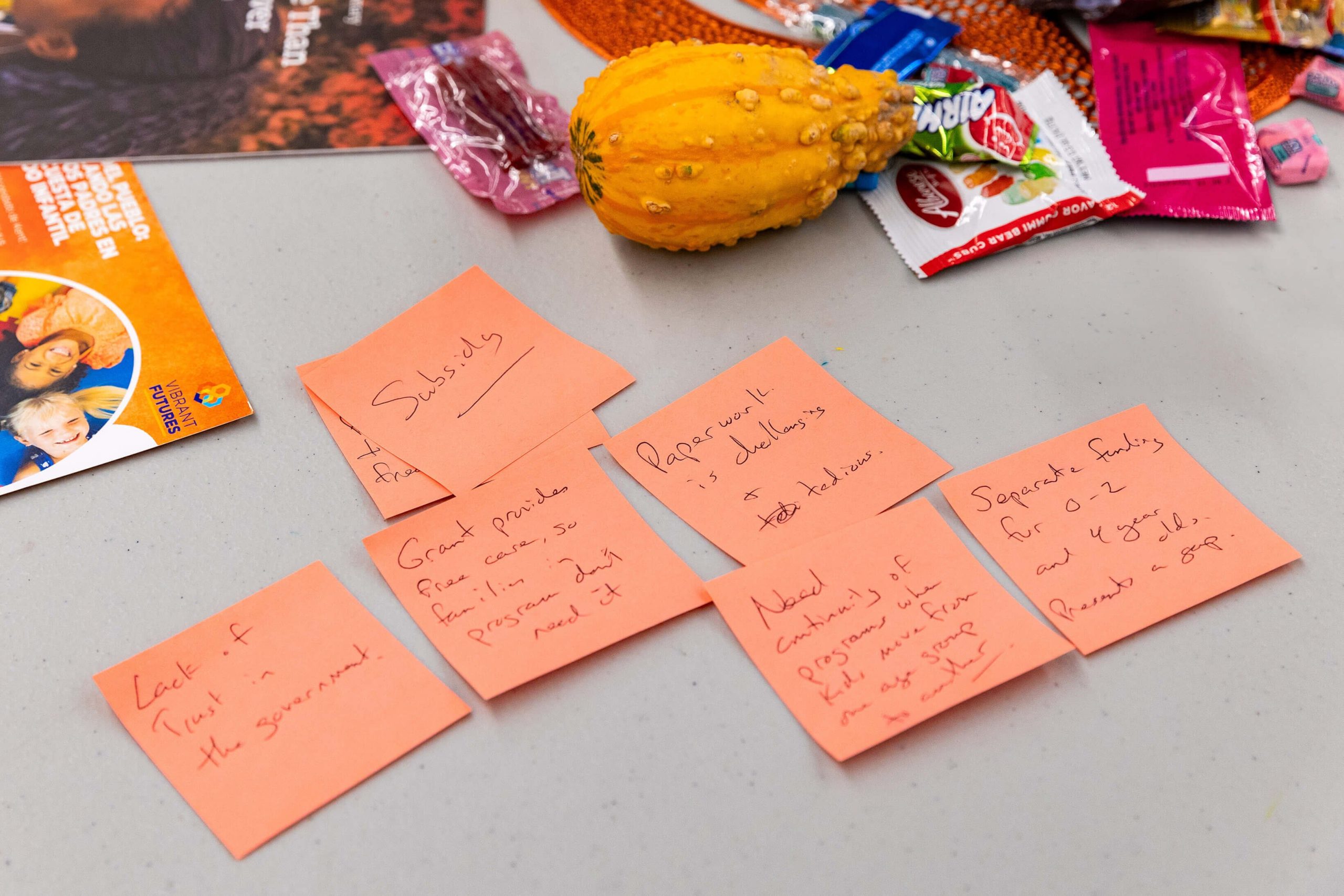
Representatives from WKKF, IFF, KConnect, and First Steps Kent met with other stakeholders to discuss the report in October. IFF found that approximately 20,500 additional slots are needed to meet the county’s demand for childcare and that access to existing slots is distributed unevenly throughout the county.
“You see the pattern that plays out in many places,” says Chris Uhl, IFF executive director of Eastern Region. “You’re going to see more of a gap in slots when you start talking about subsidized slots and especially when you start talking about subsidized slots for the 0 to 2 age range. And you’re certainly going to see an overweighting of the need in communities of color and other historically disinvested communities.”
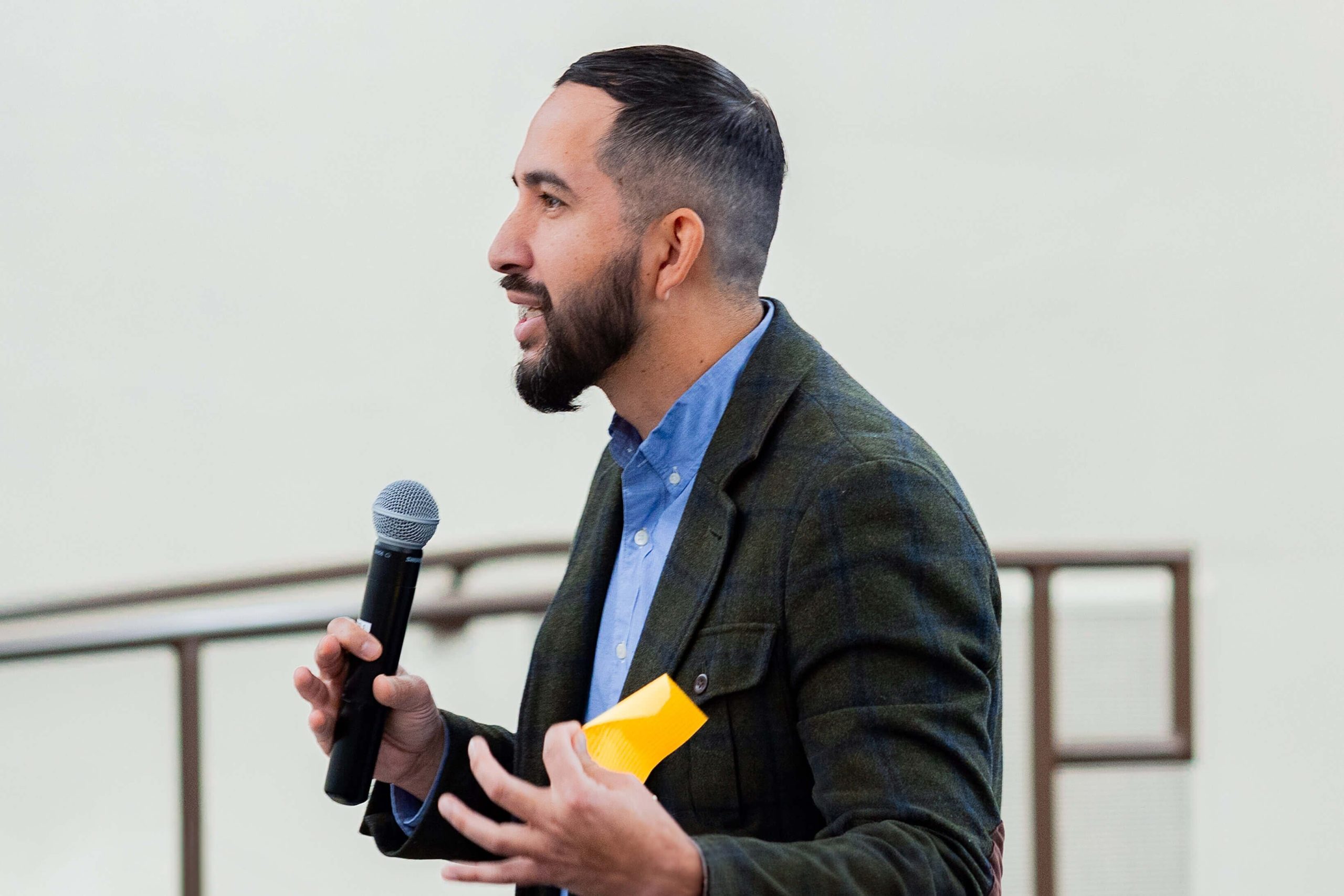
A Community Development Financial Institution (CDFI) that works with nonprofits throughout the Midwest, IFF conducted this report in tandem with stakeholders. While programs like the State of Michigan’s Pre K For All plan will help, many in the early childcare sector have rallied in an effort to create more early childhood education and care options for children.
“For a number of years, this has been a component piece of IFF’s work,” Uhl says. “We’re a development financial institution that does everything from lending to real estate consulting to real estate development. But we also have this specific research capability that has done this supply-demand analysis for early childhood slots around the Midwest. This report is a core offering of what we do in specific regions.”
First Steps Kent and others with boots on the ground in Kent County have seen these patterns in early childhood education play out over the years as they work within communities. Their contribution to the study was paramount in getting a clear picture of the early childhood education landscape.

“We continue to see inequities throughout the community, and we continue to hear from parents that affordability related to childcare is complicated,” says Jennifer Headley-Nordman, president of First Steps Kent, one stakeholder involved in the IFF study.
First Steps Kent has been focusing on this specific topic for many years.
“We created a report in 2017 that has been circulating through the community. IFF reached out to us knowing that we had done that work,” says Heather Boswell, vice president of First Steps Kent. “It was the first attempt to capture the gaps in early childhood within the entire system, thinking about home visiting, early education and preschool, key Medicaid-funded services, and behavioral health. In examining those, we wanted to know how many individuals and families were receiving slots.”
Other stakeholders that contributed to this report included Grand Rapids Public Schools, KConnect, and the W.K. Kellogg Foundation. This study not only serves to officially state what Kent County organizations have known for years but also makes their findings, and the work they do to better the community, that much more official.
“We hope to call that out and show how historic disinvestment in these communities plays out still today in limiting the access to quality in early childhood education for these kids,” Uhl says. “It’s one thing to point out the disparity, and it’s another to quantify it. With the issue quantified, we can go about tackling solutions. Being able to say that there is this 20,000-slot gap for a specific age group in specific places creates a more solvable equation.”
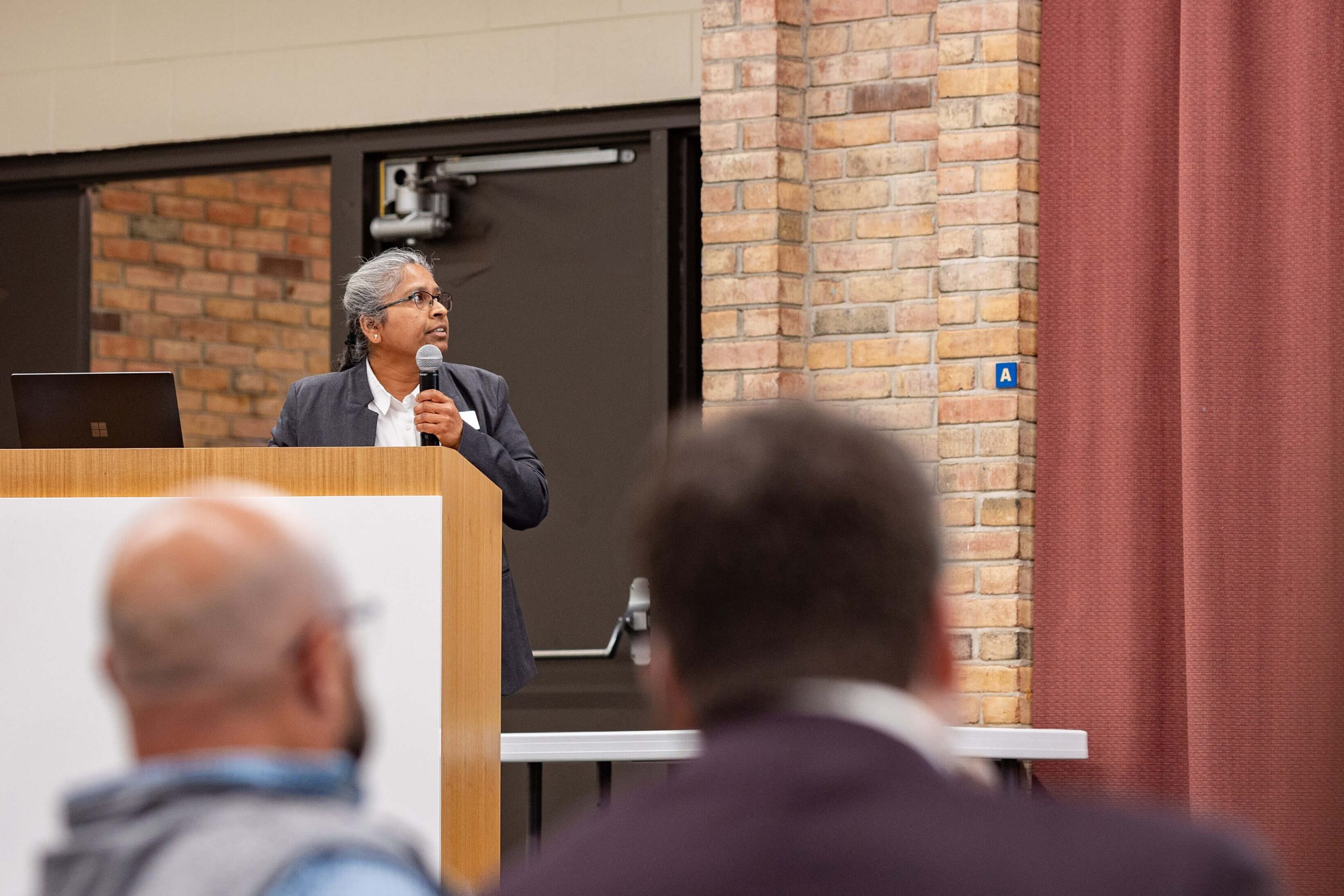
IFF found that kids 0 to 2 have much less access to quality care (9 percent) than 3- to 5-year-olds (12 percent).
“With these quantitative measures, we can focus on specific neighborhoods and specific ages,” says Dr. Preeti Rao, Senior Community Data Analyst for IFF.
With this quantitative data providing more information on the need for early childcare in Kent County, many organizations have been able to shape their approach while looking to find ways to tackle this issue.
“Part of the result of this report is an additional source of validation to some of the metrics that we have locally,” says Headly-Nordman. “I think it also highlights the issue related to child care being multifaceted. There’s a large number of slots that, as a community, we need to think about. It really speaks to a systems-level approach rather than an individual community approach or individual family approach.”
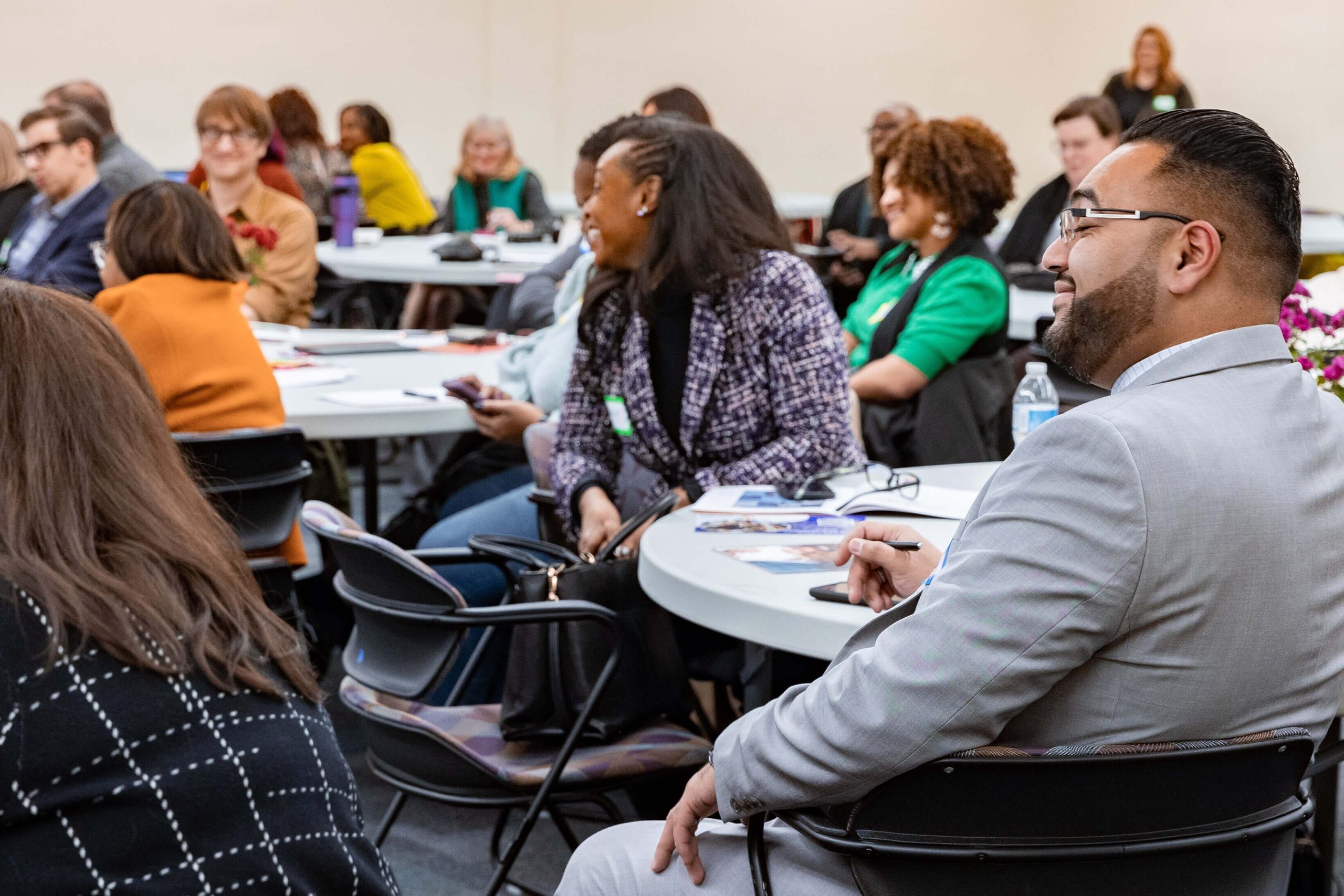
IFF has many plans for Kent County’s early childhood space. The organization works not only across the state of Michigan, but also throughout the entire Midwest to increase funding to the early childhood sector. This could look like a new state subsidy for Grand Rapids Public Schools or making sure dollars are actually reaching organizations on the ground that fund projects to alleviate these issues.
IFF’s Learning Spaces program is using WKKF funding to fix up high-performing early childhood centers in southeast Grand Rapids because of the high need. IFF is also building an early childhood center in the Grand Rapids Boston Square neighborhood in partnership with Amplify GR.
“We’re receiving funding from the Kellogg foundation, from Corewell Health, from Steelcase, and others that are rallying around the community,” Uhl says. “We hope to orient additional investment from funders, and we think there’s an opportunity with a lot of the employers in West Michigan that want to help and have the ability to help create and expand centers as well.”
With the report findings and potential funding, the work of early childhood education stakeholders in Kent County can move forward, make real change, and make a difference for the county’s youngest residents.
“What I’m most proud of with IFF is that these research reports don’t just go and sit on a shelf somewhere when they get done,” Uhl says. “We use them to catalyze action.”
Ashley King is a born-and-raised Michigander. She wants to use her writing expertise gained from her time studying at the University of Michigan to make sure the stories of Michigan reach far and wide across the Mitten.
Photos by Isabel Media Studios
Early Education Matters is a series of stories about the implementation of Pre-K for All throughout the State of Michigan. It is made possible with funding from the W.K. Kellogg Foundation.
